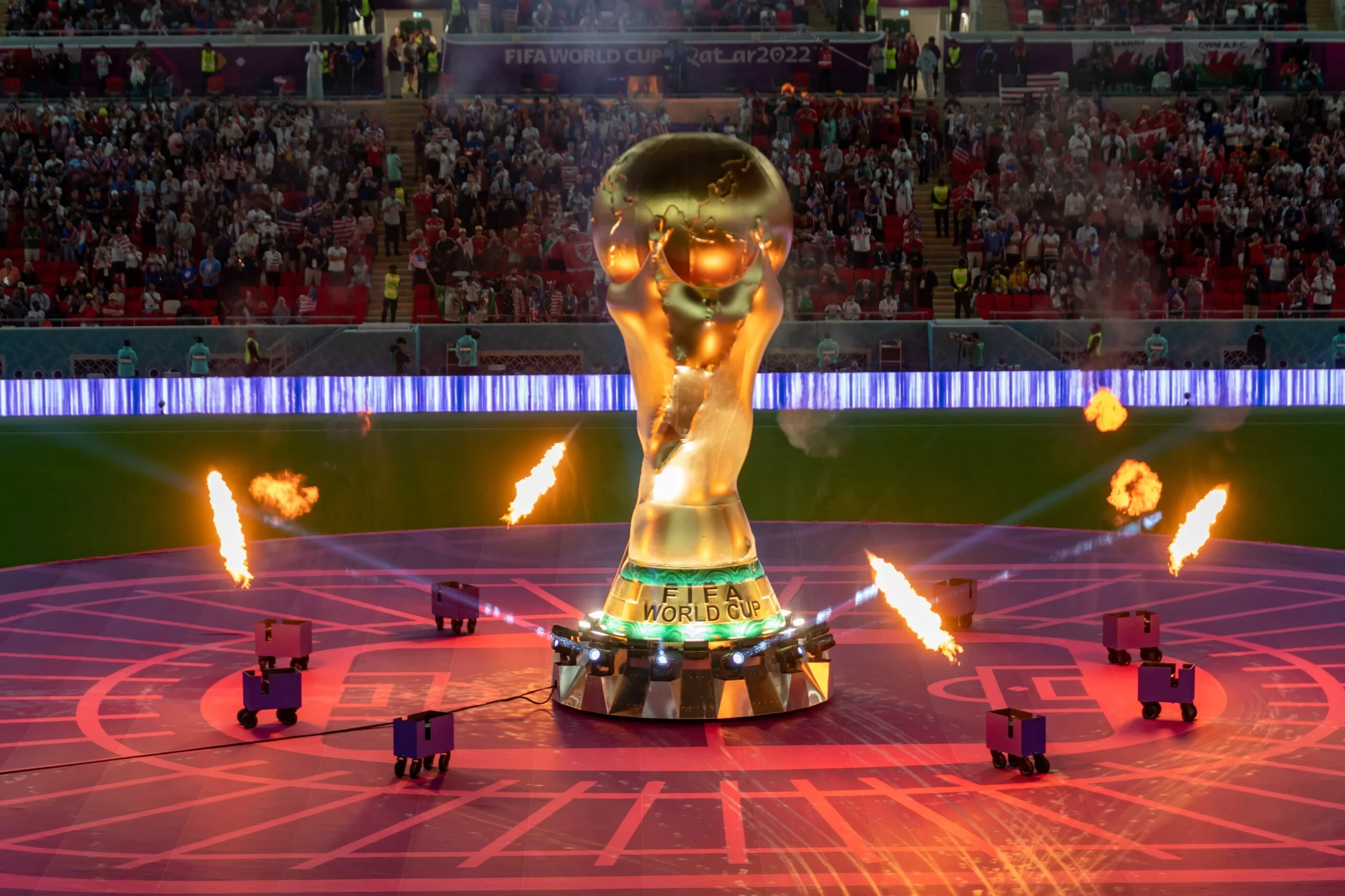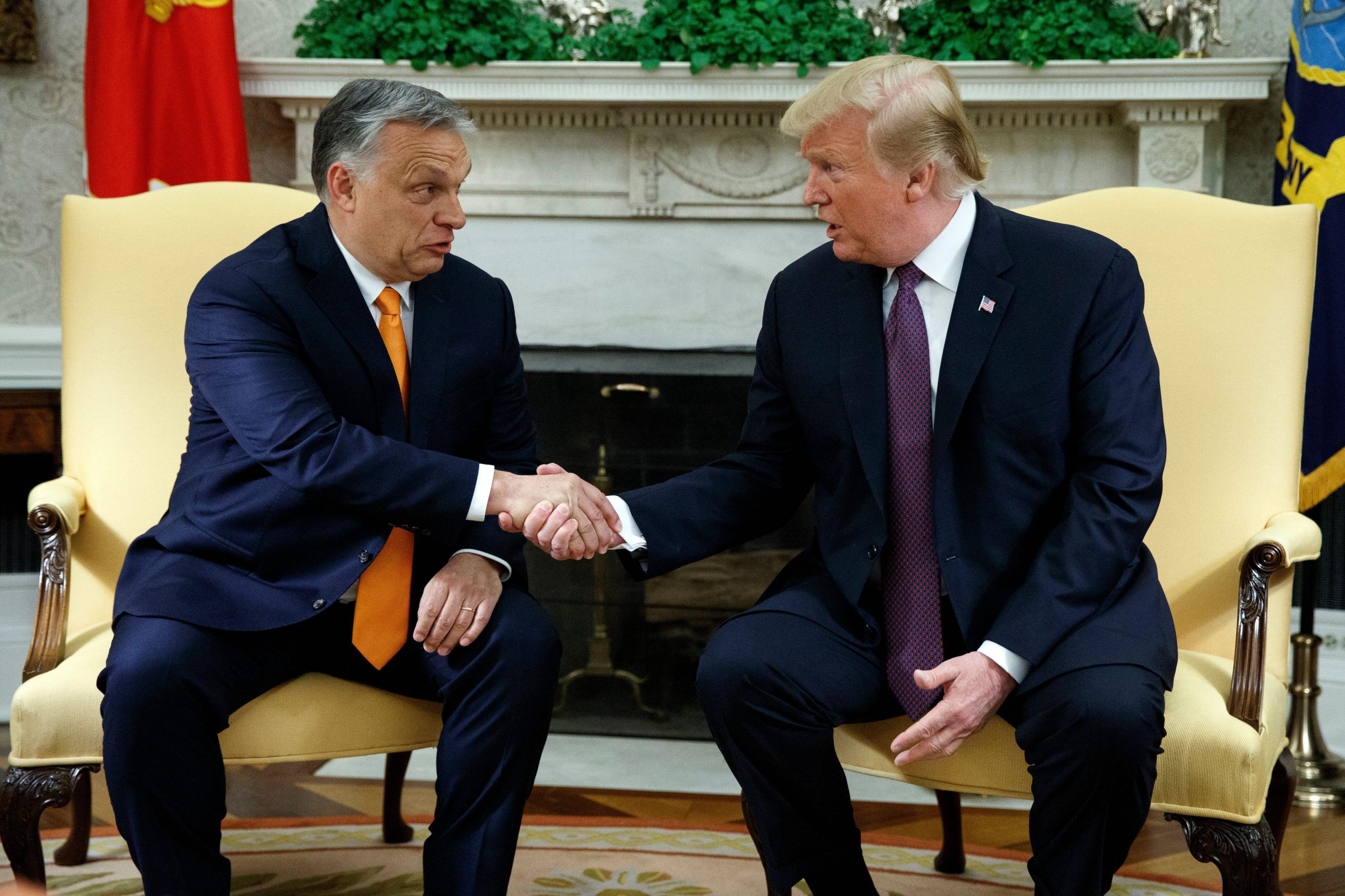“It’s an opportunity to maybe shine a light on the issues and use our platforms to make change for the better.”
These were the words of England midfielder Jordan Henderson during a press conference in the months preceding the 2022 World Cup in Qatar. His comments were in response to questions about the host nation’s appalling human rights record, particularly in regard to LGBTQ+ people, women and labour migrants, and whether teams should be boycotting the competition in protest.
England manager Gareth Southgate echoed Henderson’s suggestion. “There would be more change if we go and these things are highlighted,” he argued. “There’s an opportunity to use our voices and our platform in a positive way.”
This sentiment was commonly expressed in the build-up to the tournament, as teams justified their participation in what was widely regarded to be an ill-disguised sportswashing attempt. However, a year has gone by and such changes have yet to materialise, with those inside the state continuing to be denied basic rights and freedoms.
Qatari physician and activist Dr Nasser Mohamed tells Index on Censorship that for LGBTQ+ people inside the state the situation has not improved.
“As we were approaching the lead up to the Qatar World Cup, I noticed that the coverage and the public message was so disconnected from the lived reality that I had,” he revealed.
Mohamed publicly came out as gay in 2022, after his anonymous attempts to publicise the struggles of LGBTQ+ people in his home country received little traction, seeking asylum in the United States as a result. He described his initial reaction to Qatar being awarded the World Cup as one of “anger and defeat”. He accused the state of using the tournament to try and launder their international reputation, and attempting to gaslight the world into believing they aren’t abusers, despite “taking everything” from him.
As for the suggestions that the pressure of a global audience would force the state to improve their stance on LGBTQ+ rights, Nasser assured us that this has not been the case. “In terms of things on the ground, I think they have not changed, if anything they are worse,” he said. “Arrests, torture, everything, it’s still happening.”
The activist also condemned his home state’s use of celebrity endorsements to launder their image. “You get people like David Beckham coming in and selling their influence to the authoritative regime, saying things like ‘football has the power to change the world’. Amazing! Do you think it will happen by your magical presence?” he laughed. “You can’t just show up and magically infuse goodness into the world, there needs to be action.”
Mohamed also criticised the role of the media when it came to reporting on such human rights violations, arguing that much of the coverage afforded to LGBTQ+ rights in the region framed the issue as a cultural argument between the Middle East and the West, which he said came at the detriment of actual LGBTQ+ people in the country.
“You get all the thousands of spins on the same factual story. ‘Muslim Dad beats his son’ or ‘Homophobic Qatari is violently attacking his LGBT child’. Then on the Arabic side, ‘white Europeans and Americans are intruding to come and tell Middle Eastern parents how to raise their children’,” he explained.
“Then people get really afraid because now they are worried about Islamophobia, racism, discrimination. In comparison, sometimes it feels like being in the closet and occasionally facing homophobia is a lesser evil.”
The absence of change in Qatar is not down to a lack of effort on the part of persecuted groups. In the autumn 2022 issue of Index, when we looked at the free speech implications of hosting the tournament in Qatar, Qatari activist Abdullah Al-Maliki outlined the many ways the regime punishes – and thereby silences – human rights defenders. He wrote:
“Tamim [bin Hamad Khalifa al-Thani] has planted fear and terror in the hearts and minds of the Qatari people. No one in our country can criticise the actions and words of the corrupt dictator, or those of his terrorist gang.”
Mohamed spoke about his own recent experience. He suggested that external pressure has been placed on platforms and organisations to stifle any allegations of human rights violations in the state, a situation he is no stranger to. He described being “ghosted” by Meta, “shadowbanned” by X (formerly Twitter) and speaking to high-profile politicians at length only for those conversations to go nowhere.
“There’s censorship definitely,” he said. “It’s really hard because Qatar’s money is everywhere. Whenever my voice reached a certain level, I was dropped by the people I was talking to.”
It seems that simply spreading the word is not helping to bring about changes in the region. “I naively thought nothing was happening through lack of knowledge,” Mohamed said, before pausing. “It’s not a lack of knowledge.”
There are similar concerns over the continuing exploitation of migrant workers in Qatar. Despite promises from the state that conditions would improve following global outrage in the build-up to the World Cup, a report published last week by Amnesty International stated that progress towards improving these rights has largely stalled since the tournament ended, while hundreds of thousands of workers who suffered abuses linked to the tournament have still not received justice.
Prior to the tournament, there was hope that the global pressure had successfully pushed Qatar into improving conditions for migrant labourers. Reforms were passed in 2021 in an attempt to reduce the power of sponsors over workers’ mobility and to raise the minimum wage, motions which were largely influenced by the criticisms levelled at the country following their successful World Cup bid. However, Amnesty International’s Head of Economic Social Justice, Steve Cockburn, said on publication of the new report that Qatar had shown a “continued failure to properly enforce or strengthen” these pre-World Cup labour reforms, putting the legacy of the tournament in “serious peril”.
He said in a statement: “From illegal recruitment fees to unpaid wages, hundreds of thousands of migrant workers lost their money, health and even their lives while FIFA and Qatar tried to deflect and deny responsibility. Today, a year on from the tournament too little has been done to right all these wrongs, but the workers who made the 2022 World Cup possible must not be forgotten.”
Human Rights Watch stated earlier this year that the 2021 legislation was not in itself adequate to solve the issues faced by migrant workers, calling claims by Qatari authorities and FIFA that their labour protection systems were adequate to prevent abuse “grossly inaccurate and misleading”. An investigation by the organisation found that some issues being faced by migrant workers in the country in the aftermath of the World Cup include wage theft, being prohibited from transferring jobs, not receiving their entitled compensations and being unable to join a union.
Mohamed believes that the fight for human rights in Qatar should encompass all such groups who find themselves exploited, abused or persecuted, but that more targeted action is required: “Workers rights, women’s rights, you can support all of these causes and I think it can be powerful, and it can be a very helpful thing to do, but it needs intention.”






